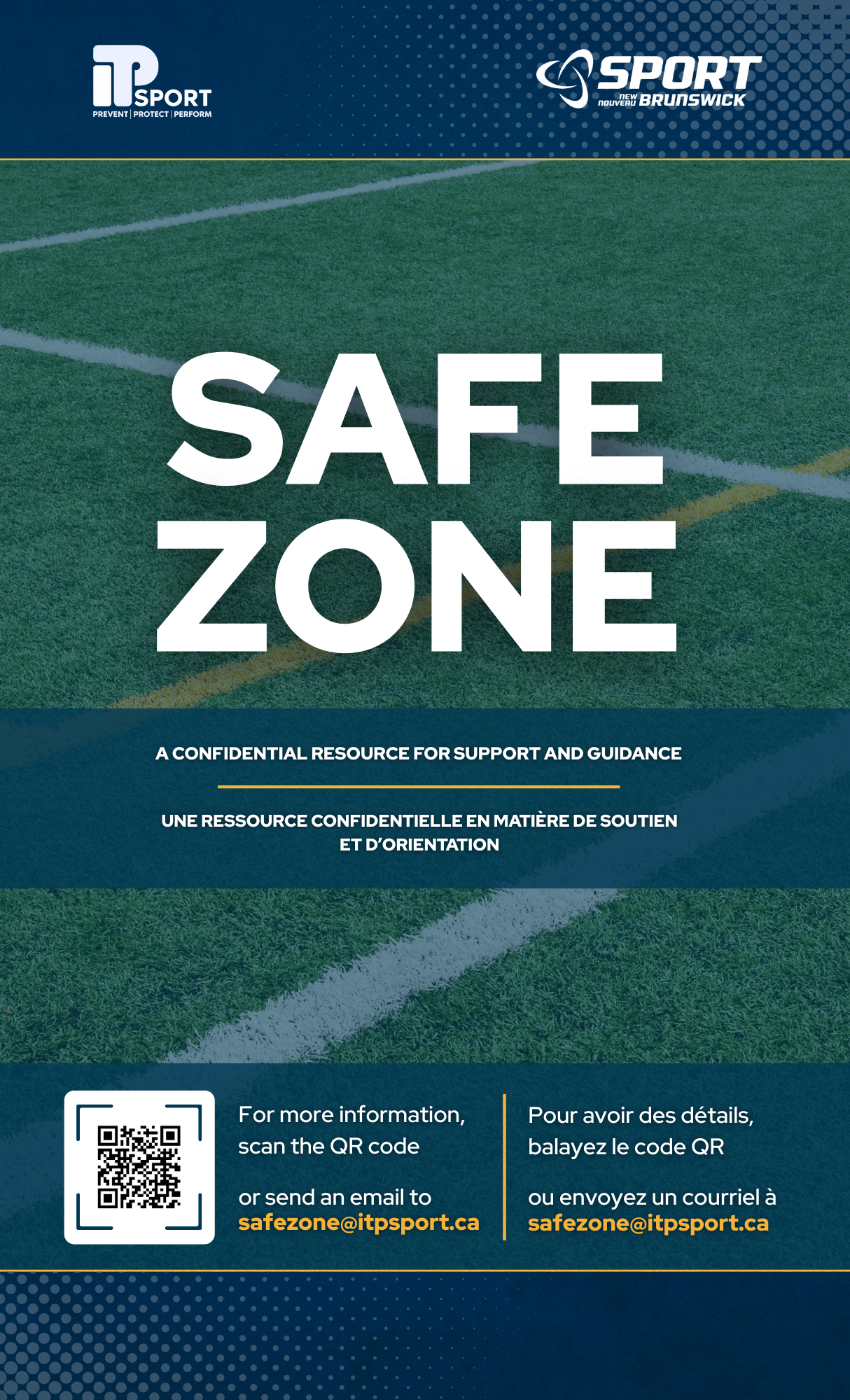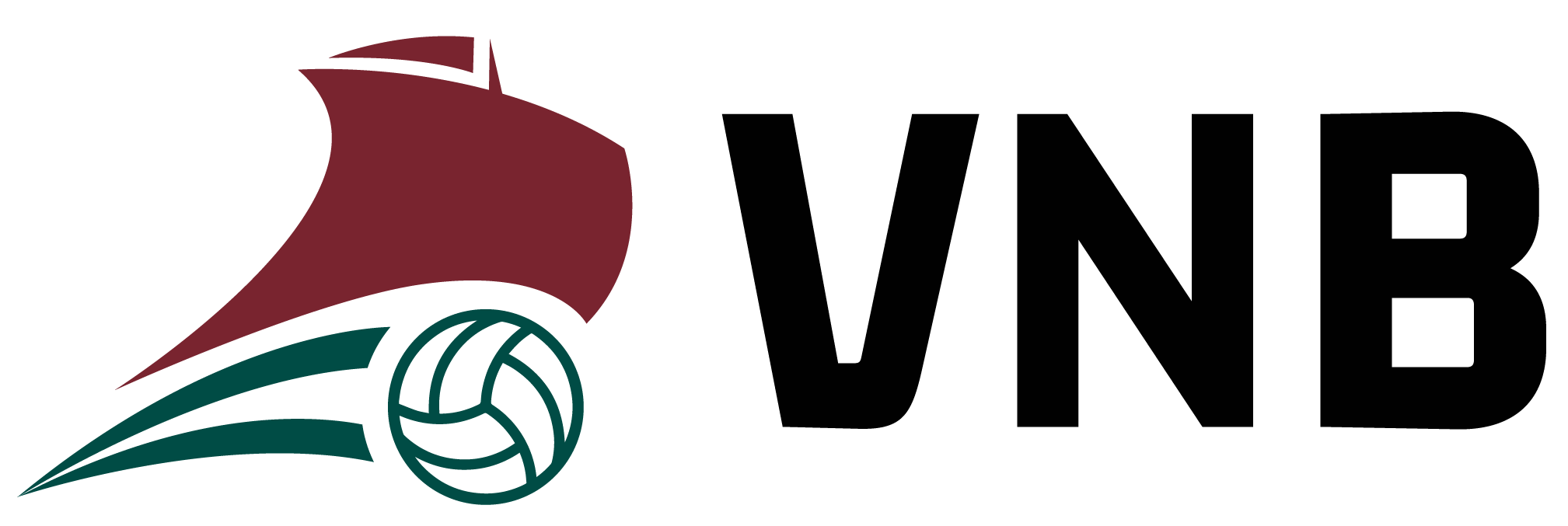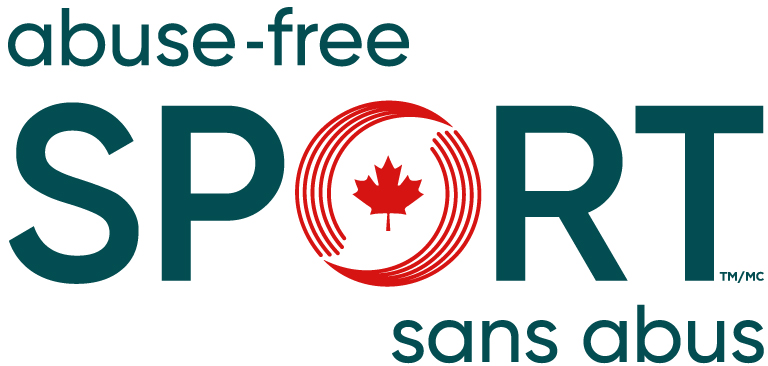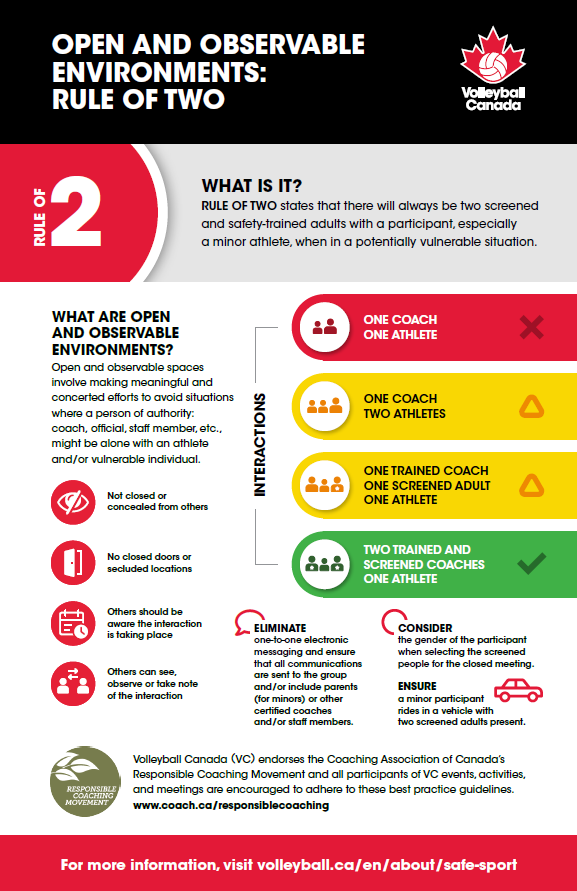Safe Sport
Abuse-Free Sport is an independent program that is part of a growing national movement to rid Canadian sport of all forms of harassment, discrimination, and abuse. As a program signatory, Volleyball Canada is an active player in this movement.
Unlike the previous approach, where each national sport organization created its own system for dealing with complaints of maltreatment, this is a centralized “one-stop-shop.” It is independent and led by experts in their fields, using education and research to prevent maltreatment at all levels of sport.
The Office of the Sport Integrity Commissioner (the Office) serves as the central hub. It operates independently to administer complaints about alleged violations of the Universal Code of Conduct to Prevent and Address Maltreatment in Sport (UCCMS).
Where there are admissible allegations of abuse, harassment or discrimination, the Office conducts independent investigations and recommends sanctions against individuals who violate the UCCMS.
The Office will also maintain a national sanctions registry, which prevents individuals from evading sanctions by moving to different sports or to different jurisdictions.
For designated participants within our organization, there is access to a wide range of resources, including victim services and referrals to specialized mental health professionals and experienced lawyers – all of it available in English and French. You can access the website by clicking on the Abuse-Free Sport logo or by visiting https://abuse-free-sport.ca/.
SafeSport Education Seminar
VNB is happy to announce that we are offering SafeSport Seminars for our Member Clubs!
We are offering educational presentations covering SafeSport, Code of Conduct, and more! These sessions will be available in both English and French! If you are interested, please follow the link and complete the request form.
Conflict Management
SafeZone
Sport NB is committed to fostering a safe, supportive, and inclusive environment for everyone involved in sport across New Brunswick. To support this commitment, Sport NB is pleased to introduce SafeZone, a resource designed to help participants, leadership and representatives navigate concerns, conflicts, and the complaint process.
SafeZone provides a confidential, welcoming space where individuals can ask questions, share experiences, and receive guidance on issues such as harassment, bullying, abuse, or other forms of maltreatment. Whether you are an athlete, coach, parent, official, or club representative, SafeZone offers personalized support to help you understand your options and take confident steps forward.
If you are facing a challenging situation, have questions about the complaint process, or need support in addressing an issue, SafeZone is here to help.
To contact SafeZone, please reach out by email at safezone@itpsport.ca

Sport NB’s Facilitated Resolution Program
Through Sport New Brunswick’s ongoing commitment to promote and help create safe and inclusive sport and recreation environments for all New Brunswickers, recognized Provincial Sport Organizations can now access Sport NB’s Facilitated Resolution Program — a confidential, supportive, and non-adversarial approach to resolving sport-related conflict and repairing relationships when formal complaints are not appropriate or necessary. This program is designed to support sport participants in resolving interpersonal conflicts in a safe, respectful, and constructive manner.
How to Report Abuse
Volleyball New Brunswick is committed to a sport environment free from abuse that is safe for all participants.
Volleyball New Brunswick has zero tolerance for any type of abuse. Individuals are required to report abuse or suspected abuse. If you believe you have witnessed an indicent, please visit our Policy page to complete our complaint form.
Policies
Volleyball New Brunswick has adopted several policies aimed at addressing the maltreatment of individuals in sport. These policies include:
A full list of VNB policies can be found here.
Open and Observable Environments (Rule of 2)
Open, observable, and justifiable interactions and communications are strongly recommended to foster safety, enhance protection, and help reduce vulnerability of both the athlete and adult(s) in a position of trust.
Commonly referred to as the Rule of Two, it means that there will always be two screened and safety-trained adults with a participant, especially a minor athlete, when in a potentially vulnerable situation. In other words, this practice still involves making meaningful and concerted efforts to avoid situations where a person in authority (coach, official, staff member, IST member etc.) might be alone with an athlete and/or vulnerable individual.
Vulnerable situations include but are not limited to:
- Closed doors meetings
- Medical treatments
- Travel to and from trainings, competitions, events, or activities
- Any training or competitive environments without a second coach or responsible adult present (in the gym, in the weight room, etc.)
- Electronic communications
For a full description with examples and frequently asked questions, please download the Open and Observable Spaces Guidelines.
Education
Volleyball Canada is requiring that all individuals involved with the sport across the country take the new safe sport training module, available via the Coaching Association of Canada website.
As of April 1, 2020, anyone associated with a Sport Canada-funded organization must be trained on conduct to prevent and address maltreatment. This includes coaches, referees, parents of youth athletes, high-performance staff and contractors, officials; and all administrative staff and volunteers whether they may have direct contact with athletes or not.
The safe sport module is a free, 90-minute eLearning module that gives all participants the tools to recognize, address, and prevent maltreatment in sport. The module aligns with the principles of the Universal Code of Conduct to Prevent and Address Maltreatment in Sport and meets Sport Canada requirements for Safe Sport education.
Visit the Safe Sport training site for more info: https://safesport.coach.ca/
To take the training, you must create an account in “The Locker”, even if you are not a coach (it’s free!) We suggest saving a screenshot of the final slide when completed for your records.
Other online resources (mainly for coaches) that can be completed from home include the following (please note fees may be required).
https://sportforlife-sportpourlavie.ca/catalog.php
https://www.respectgroupinc.com/keeping-girls-in-sport/
https://coach.ca/nccp-multi-sport-training-modules
For more info on coaching resources, contact:
coaching@volleyball.ca
Concussion Protocol
Concussions are very common in volleyball and should be taken seriously. Volleyball Canada has developed the Volleyball Canada Concussion Protocol to help guide the management of athletes who may have a suspected concussion as a result of participation in Volleyball Canada Activities. You can find the concussion protocol here:
To go along with the Concussion Protocol, Volleyball Canada’s Pre-Season Concussion Education can help determine the causes and symptoms of a concussion.
Volleyball Canada has also developed a ‘National Championships Concussion Pathway’ to navigate the proper protocol if an athlete is suspected of a concussion during National Championships.
All coaches are required to take the free E-learning module ‘Making Head Way’ from the CAC. The CAC has many other helpful concussion resources found here.
Parachute is Canada’s national charity dedicated to injury prevention and they have a great concussion protocol resource. https://parachute.ca/en/professional-resource/concussion-collection/canadian-guideline-on-concussion-in-sport/
Injury Prevention
Most injuries in Volleyball are a result from overuse and over training. It is important to develop consistent habits in the areas of pre-habilitation and strength training to your daily and weekly routines. Increasing the frequency of your strength training during your down times will help with both, reducing the risk of injury and performance benefits such as jumping and landing ability, change of direction, and stamina to withstand the rigours of practice and competition. Some injuries are not preventable such as concussions and ankle rolls. It is very important to consult with a heath care practitioner before you return to play. Below are some resources that can help.
1. Using an age appropriate warm up before practice.
2. Incorporating strength and conditioning into your training schedule on a regular basis, overseen by a certified professional.
3. Planning out and fluctuating jump loads on court on a weekly to monthly basis.
4. Properly cool down after practice.
5. Smaller muscle group exercises to aid in the development of structural tolerance required for volleyball. See Volleyball Canada’s Daily Mobility and Movement Screen
6. Visit a Doctor or Physiotherapist if you are in pain.
Mental Health
Volleyball Canada believes the mental health and safety of athletes is vital to strong performances on the court. We are encouraging everyone to make mental health a priority by providing a mental health checklist, as well as sharing useful links. For you to perform your best on court you must take care of yourself off court.
The Canadian Centre for Mental Health and Sport (CMHS) is a registered charity supporting the mental health and performance of competitive and high-performance athletes, coaches, and performing artists. The CCMHS is the first Centre in Canada to offer collaborative sport/performance-focused mental health care services designed to help athletes, coaches, and performing artists achieve their performance goals while preserving their mental health and well-being. The CCMHS provides mental health services to competitive and high-performance athletes and coaches, as well as competitive performing artists. Here are the eligibility criteria:
• Must be 16 years of age or older
• Must be a Canadian citizen or permanent resident
• Must participate in a sport or performance domain at a competitive or high-performance level
• Must be experiencing mental health challenges
Click here to learn more. Disclaimer: The Canadian Centre for Mental Health is not a partner of Volleyball Canada, they are a resource for mental health, we do not control who is approved for treatment.
Kids Help Line
If you are feeling depressed or anxious, please tell someone you trust or contact the Kids Help Line 1-800-668-6868 or text 686868.
If you are starting to feel anxious and are worried about your mental health, here is a checklist that may help you feel better.
- Fueling your body with nutritious food
- Journaling
- Nature Breaks (walks in the park)
- Listening to uplifting music
- Taking a Digital Detox
- Move your body (any type of activity is great)
- Deep breathing and grounding techniques
- Stretching
- Taking bubble baths (also great for injury prevention)
- Focus on what you can control
- Spending time with people who build you up
- Spending time alone if needed
- Talking to someone when you need it.
- Getting lots of sleep


